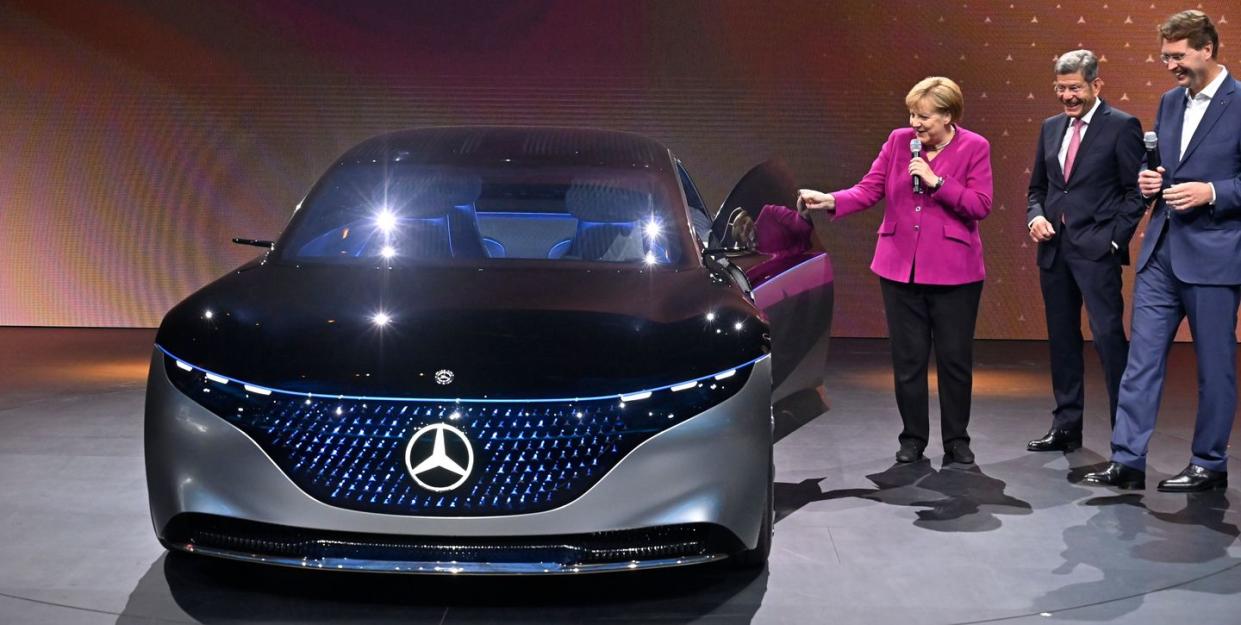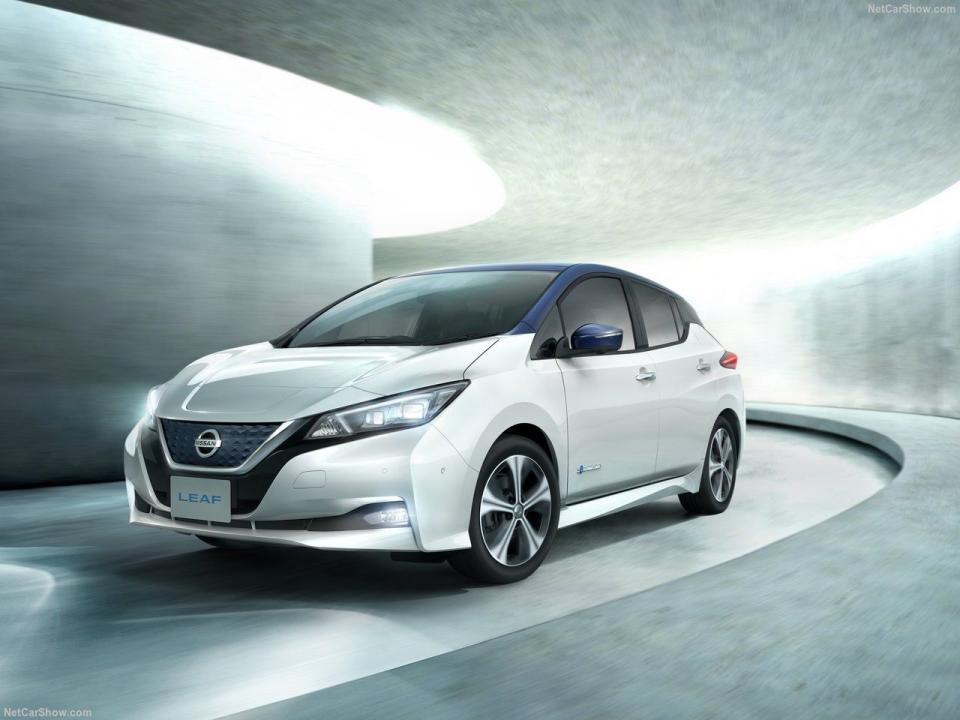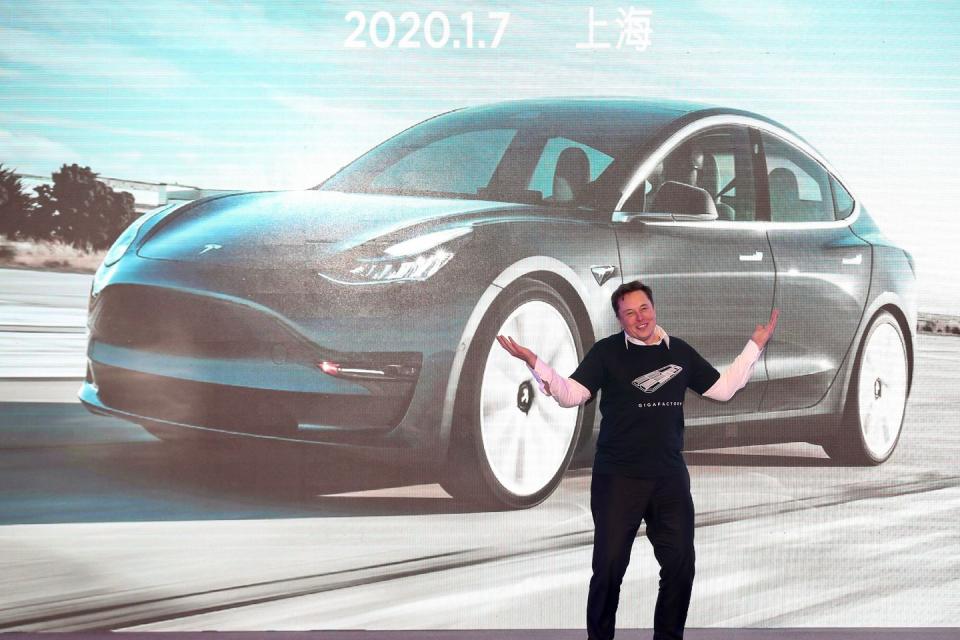We’re Not Even Close to EVs Being as Cheap as Gas Cars, Mercedes Says

The electric vehicle industry has seen a massive transformation over the last decade, in no small part thanks to massive reductions in the cost of large lithium-ion battery packs. Yet there’s still a significant initial cost penalty to a battery-electric vehicle over an internal combustion car. According to Mercedes’ Chief Technology Officer, that’s not going away anytime soon. In fact, EVs may not get much cheaper at all over the next few years.
🚗 Stay on top of the latest in car news and tech—join Pop Mech Pro.
“Coming to [a battery price of] 50 U.S. dollars per kilowatt, which would lead to comparable cost basis to an I.C.E. engine, I would say this is far out there,” Mercedes CTO Markus Schäfer told Road & Track. “I don’t see that with the chemistry that we have today.”

Reaching so-called “price parity,” Schäfer said, just isn’t possible with any current commercially available battery technology. The kind of affordable, high-density batteries required to make it possible either don’t exist or only exist in tightly-controlled lab settings. Even once we know which one will work, adapting it for the automotive industry—with its high volumes and extremely challenging durability requirements—will be a years-long process. While we wait for a breakthrough, Schäfer says they can’t promise that EVs will get any cheaper in the near term.

“It’s a crystal ball thing to answer. And it will very much depend on mining capacity [for raw materials] and the global ramp-up of EVs. So these are the two main factors,” he said. “But I would say, for quite a while we will see headwinds on the raw material side.”
While increasing demand for large battery packs has helped through manufacturing advancements and economies of scale, it’s this scale that is now posing a large challenge. Thanks to both the increasing popularity of EVs and continued growth in consumer electronics, the demand for lithium batteries is on pace to far outstrip the capacity of current rare-earth metal mines. Earth has more deposits of lithium, but bringing mines online is complicated and expensive. As of now, analysts don’t expect the lithium shortage to be over by mid-decade.
“So the anticipated decrease well below 100 US dollars or Euros per kilowatt, that might take longer,” Schäfer said. “The chemistry, honestly, if we’re staying with the ingredients we have today ... there’s not that breakthrough foreseeable.”
You Might Also Like

